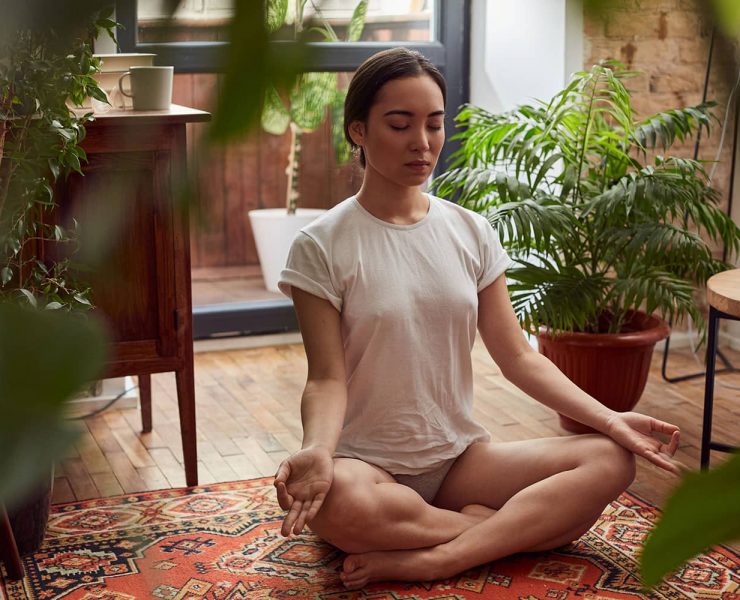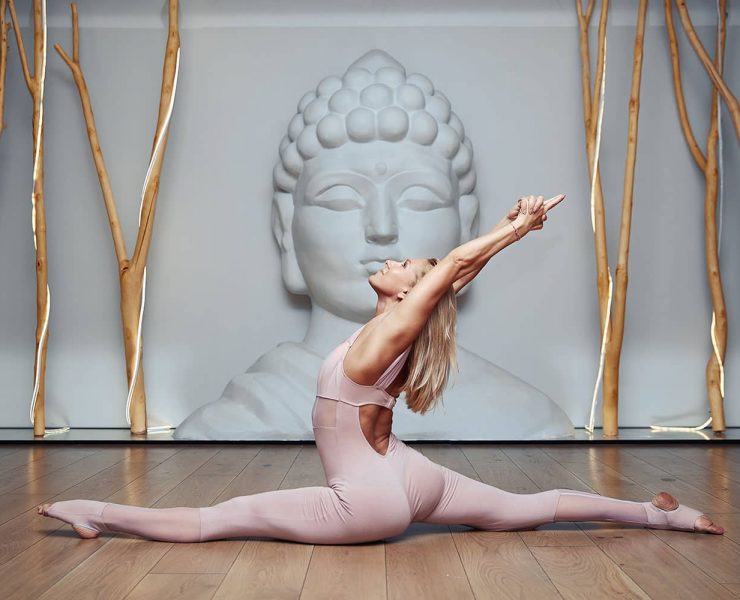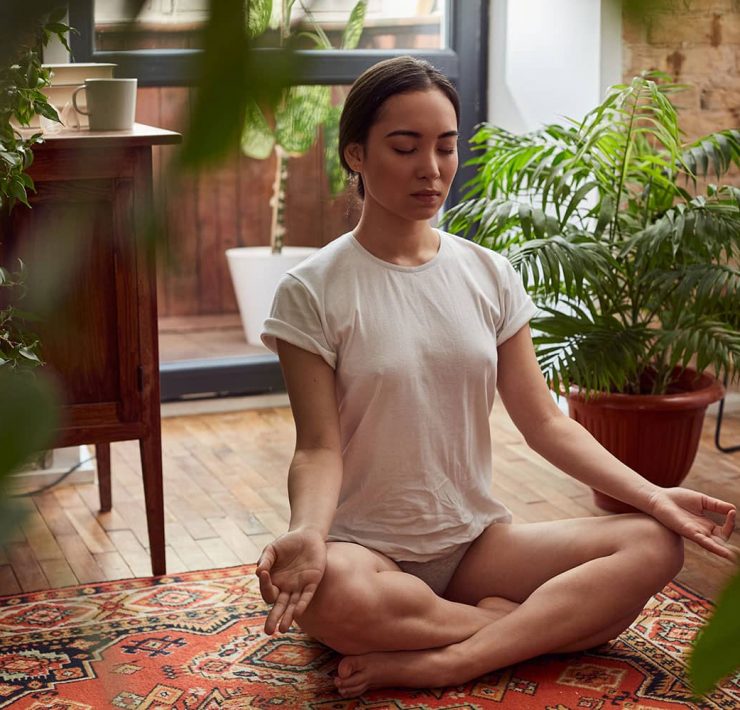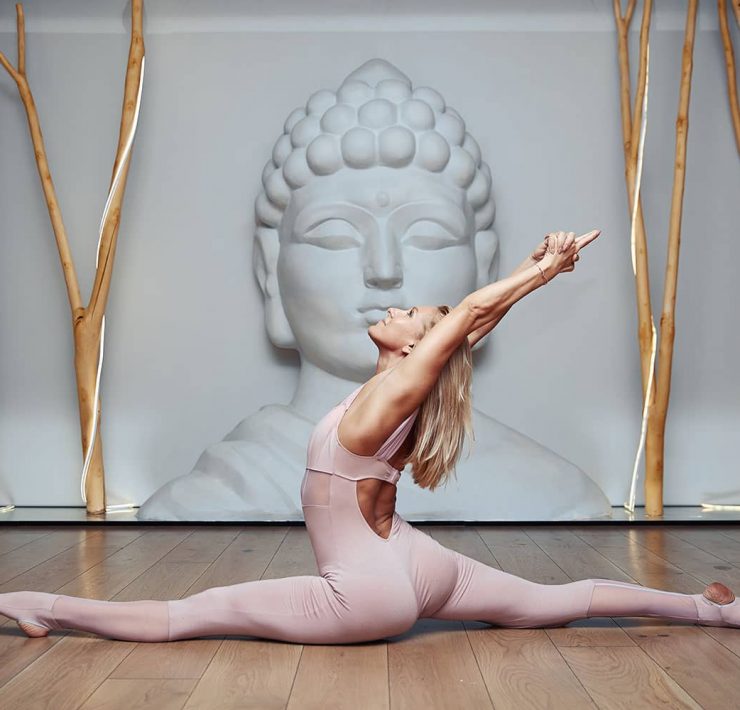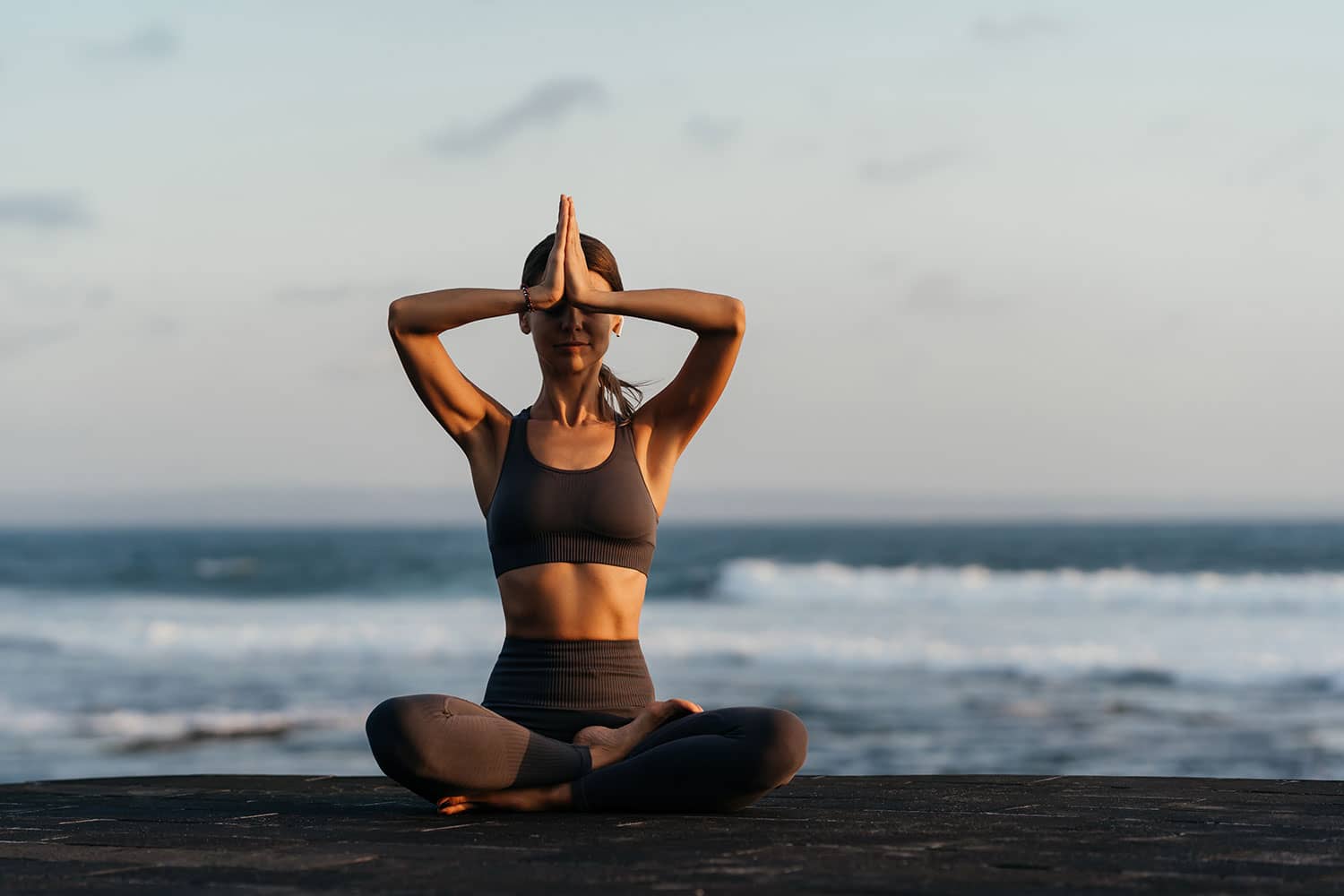
Susan views the world through a lens of spirituality, health,…
Meditation is supposed to make you feel relaxed, but what does that mean exactly? Research shows that meditation has numerous benefits on physical and emotional health. But even with so many techniques on how to meditate, not many have an idea of what may happen to them during meditation.
This can be strange territory, especially for beginner meditators. Many market meditation as a cure-all for all of the stresses of modern life. But to truly practice meditation, you have to be prepared for what you may or may not experience when you sit down to close your eyes and meditate.
Many will not feel relaxed instantly. It may be a difficult practice for some. Some may even have to go through difficult emotions and sensations before they reach a breakthrough in their practice.
These are all normal experiences during meditation. By knowing more about what to expect when you start a meditation practice, you will set yourself up for success as a regular meditator.
The Benefits of Meditation

Stress relief is one of the biggest draws of meditation. Especially for those who work nine to five in big cities. Secular meditation practices particularly hail the relaxation benefits of meditation and how long-term, regular meditation can increase productivity, creativity, and cooperation.
Here are other observed benefits of meditation:
- Reduces stress and ailments aggravated by stress
- Helps manage depression and anxiety
- Improves heart health and lowers blood pressure
- Helps you get better sleep
- Promotes faster healing and cell regeneration
- Reduces chronic pain
- Increases productivity and creativity
- Helps you work better in a team
- Lets you live longer and age gracefully
- Gives you feelings of lightness and bliss
How to Start Meditating
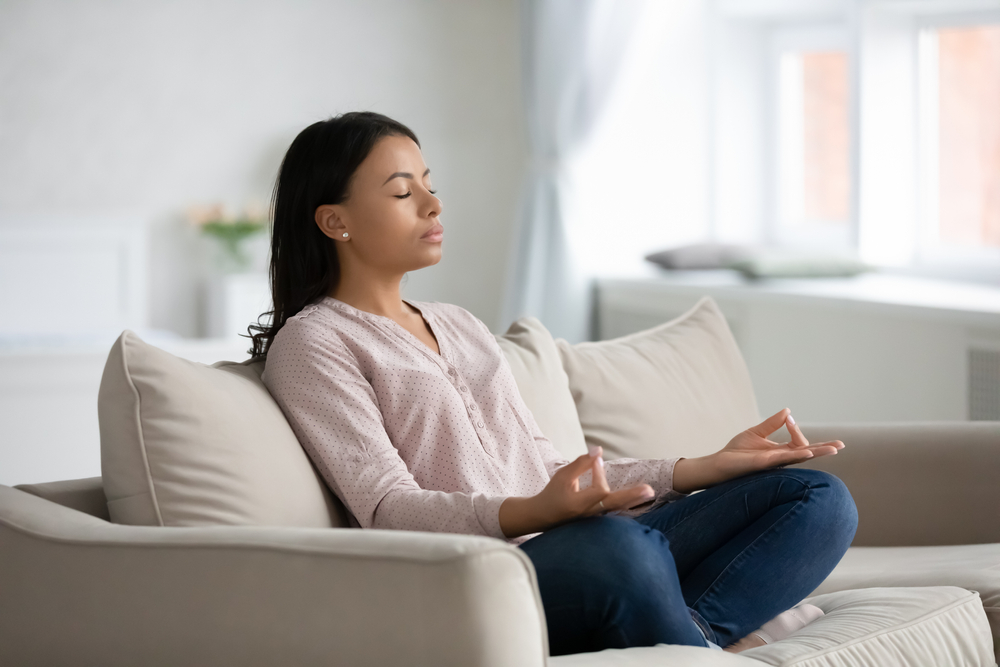
You can start a secular meditation practice completely on your own. Many apps and YouTube videos can help with guided meditations that can be as short as three minutes to begin with.
At its simplest, a meditation practice is just sitting comfortably in a place where you will be undisturbed and closing your eyes for a few minutes.
Some meditation techniques will have you focus on a mantra, positive affirmation, or intention. Others may guide you through relaxing visualization, or even have you look at a pleasant photo or video. Some may have you listen to sounds of nature or pleasant music you can relax to.
Some meditation practices are more active such as mindful eating, forest bathing, or light gazing.
There are many relaxing meditation techniques to try. But one guideline that links them all is to keep practicing. Meditation is a skill and you cannot master it in just one sitting. Even many masters and teachers of meditation will say it may take hundreds of lifetimes before you can meditate.
The proper mindset to have when you start meditating is to take it one moment at a time. Even just one second of peace is already a successful meditation practice.
Common and Unexpected Experiences While Meditating
If you begin meditating without the guidance of a traditional teacher, you may be surprised by some experiences that might arise when you practice for the first few times. Do not expect to fall immediately into a state of calm and relaxation.
Other bodily and mental sensations may happen when you meditate, here are some common experiences that may happen to you.
The Monkey Mind
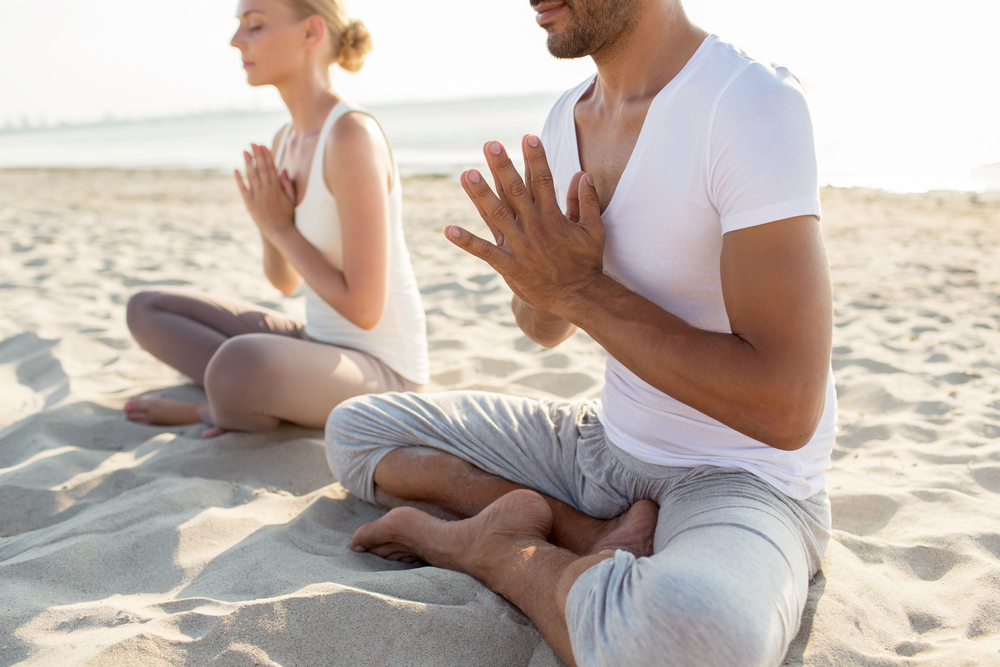
The Monkey Mind is a Buddhist teaching which means that your mind is constantly unsettled and full of activity and thoughts. These are distractions which practices like yoga and meditation aim to quiet.
This part of your mind is the most connected to your ego so the more you try to push it away, the more it demands to be heard. It can be very frustrating for beginning meditators. And it may be the reason why you want to practice meditation in the first place.
It’s important to remember that meditation is not meant to completely silence your thoughts. This would be as fruitless as training your stomach to stop producing digestive enzymes. But what meditation can do is train your mind to not be distracted or taken in by these thousands of thoughts.
Swirling Lights and/or Synesthesia
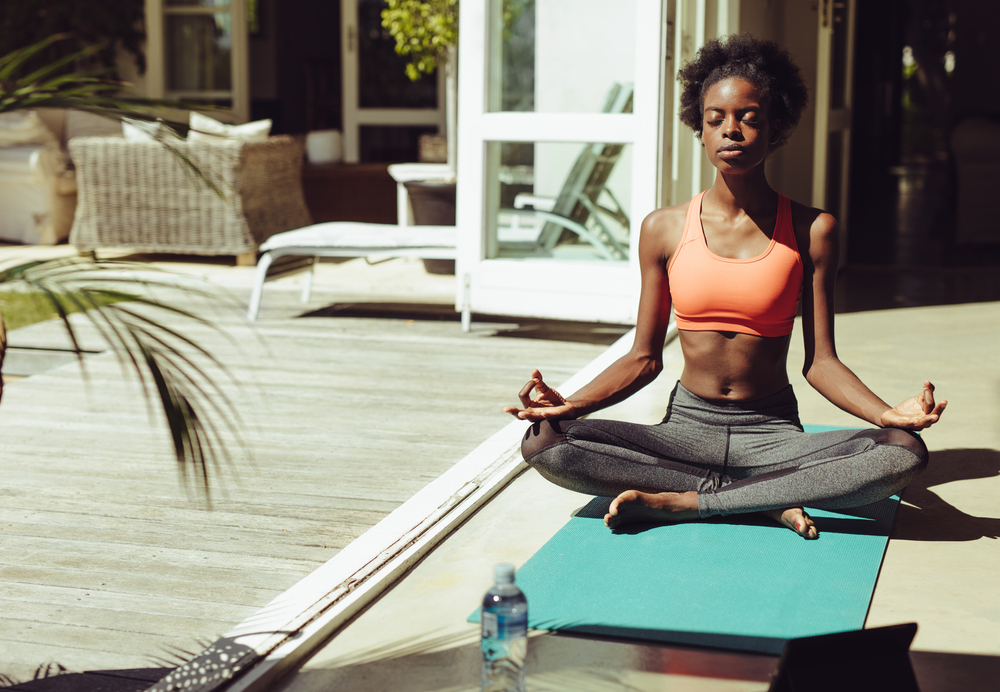
Some people report seeing swirling lights when they meditate with their eyes closed. Some even say that they begin to experience synesthesia – when you perceive sounds, numbers, or words as colors.
According to studies, people who are put in sensory deprivation environments also experience these mild hallucinations. One hypothesis is that when the mind is quiet, it is not used to it. So it makes its own auditory and visual experiences and other odd sensations.
These, like the thoughts in your monkey mind will eventually quiet down so you can settle into the silence of meditation.
Tingling Sensations or Pressure on Your Body
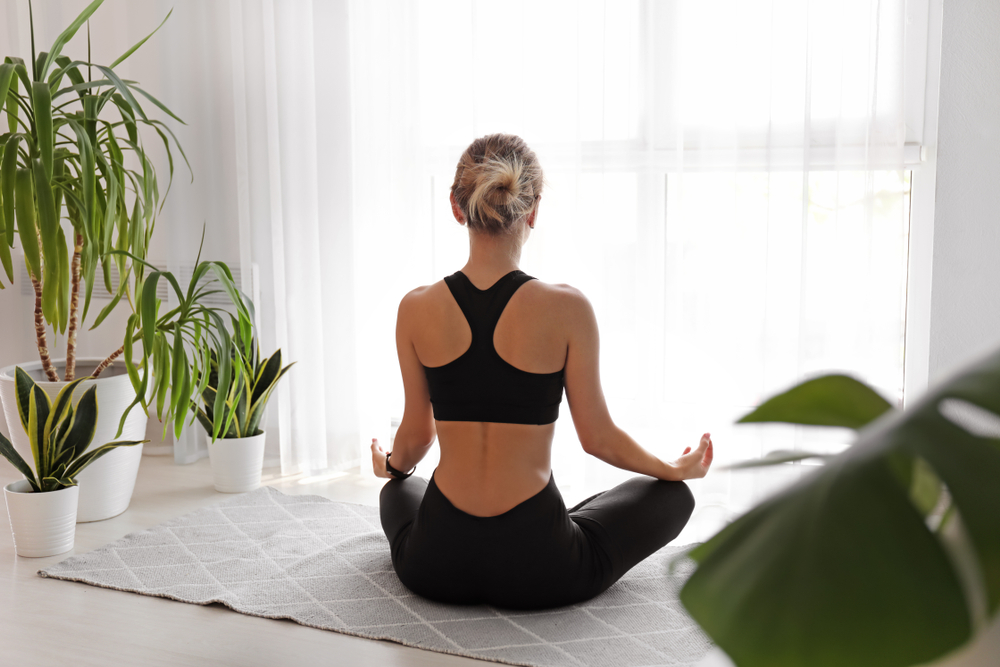
When you first begin to practice meditating, you may also feel tingling sensations in different parts of your body, or you may feel like someone is poking you or pressing parts of your body when there is nobody there.
These are also thought to be mild hallucinations that your brain creates to make up for the lack of sensory input that it is used to. It can also be your system releasing conditioning, stress, and trauma that is stuck in your physical body.
Cold Hands and Feet
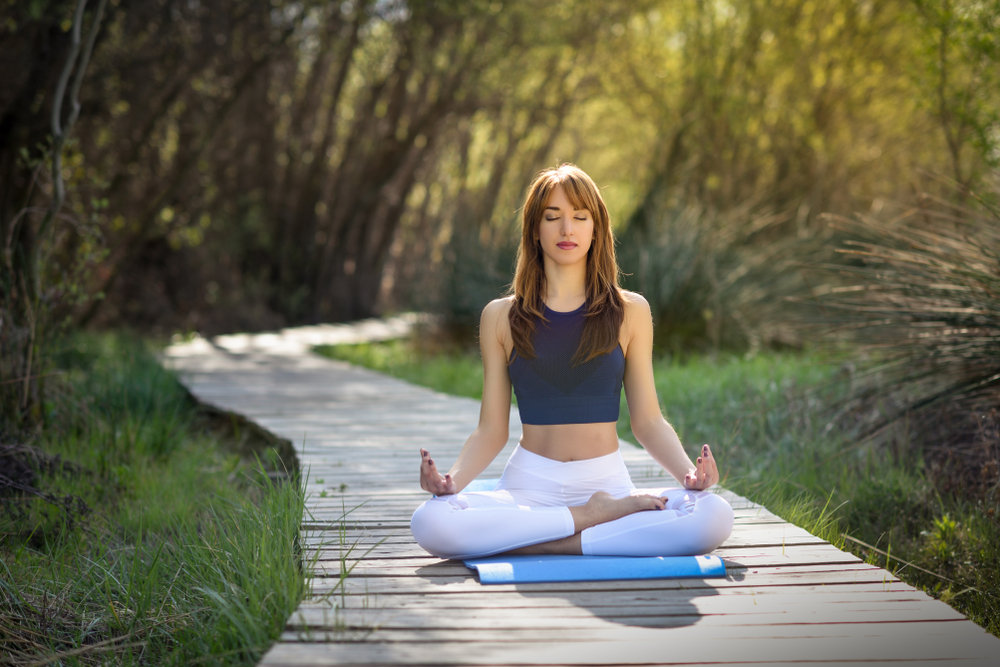
A slight drop in body temperature is expected after sitting still for an extended period of time. This may be more pronounced in your extremities and your hands and feet.
According to some meditation teachers, this is also a sign of Kundalini rising.
Kundalini is represented as a coiled snake at the base of your spine when it is dormant. Some activities like meditation, mantra sounds, or transmissions from an enlightened master, can awaken the Kundalini and make it rise up the central channel of your body and flow through each of the seven higher human chakras.
It’s a good idea to keep a blanket close to you when you meditate to help keep you comfortable with these changes in body temperature.
Spontaneous Movements or Vocalizations

Most meditations are a still practice. But sometimes, spontaneous movements can happen while you’re meditating. Sometimes, you may even be surprised if vocalizations come out of your mouth during meditation.
These are actually normal and more common than you might think. Meditation teachers explain this as more conditioning and traumas being released from your body because you are allowing yourself to expand and let go through the practice of meditation.
Even though it might be alarming, it’s important to not be attached to these spontaneous movements when they happen. As long as they do not cause you injury, the best practice is to simply allow them to happen and continue with your meditation practice.
Disorientation and Waves of Energy

Meditation allows you to be more in touch with your subtle body. This is your energetic anatomy which cannot normally be experienced because it is masked by your physical body which can be observed by the senses.
When you are able to tap into this energetic body for the first time, it can be interpreted by your brain as disorientation or waves of energy that make you feel like you are expanding.
Sometimes, these sensations may also manifest as heat, nausea, or a headache. This is all part of your body’s process of releasing and surrendering to the process of meditation. It may take a few days or even weeks for your system to clear but with a regular meditation practice, it will get sorted out.
Some “Negative” Side-Effects of Meditation
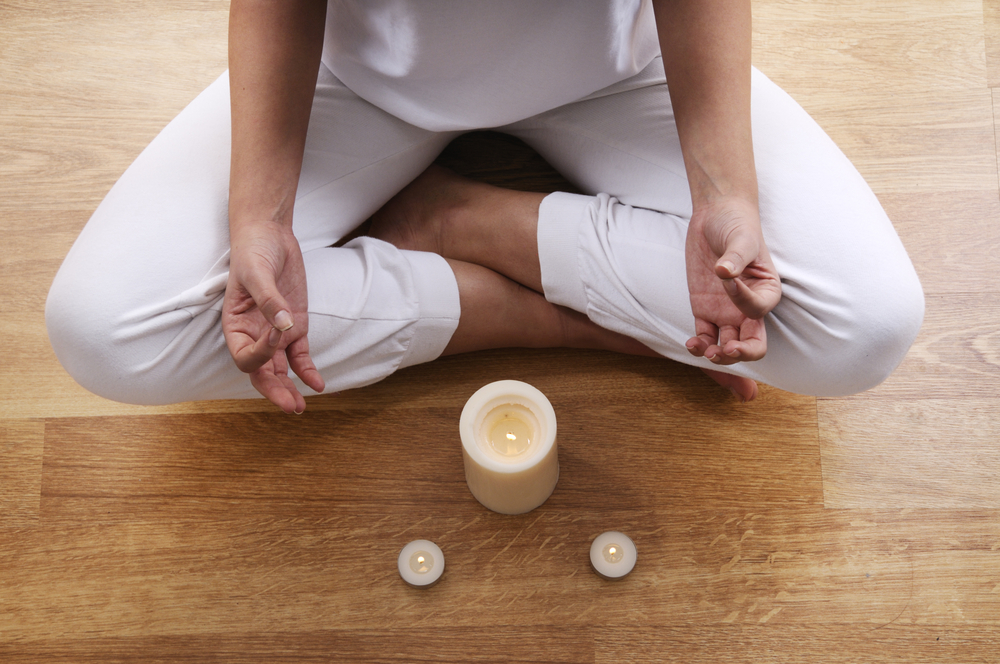
Unfortunately, there are some people who have reported negative effects of meditation. These experiences can be true for many, especially when not given proper support or guidance at retreats or other platforms where they are made to look deep into their inner selves.
Some meditation programs are able to give learners fair warning about the side effects that may arise. Usually they will start to appear after four or five days of intense meditaion, especially when at a retreat.
Some of these negative experiences are:
- Irritability
- Loss of motivation
- Anti-social behaviour
- Resurfacing of traumas
The rise in these reported negative experiences may be connected to the rise in popularity of secular meditation practices which do not require the guidance of a trained meditation master.
Meditation is a spiritual practice that has been around for thousands of years. Traditional yoga masters believe that only those who have recieved proper instruction and blessings from a guru should be able to teach yoga and meditation.
This is because there are many aspects of meditation that can arise which do not match the expectation of what bliss and inner peace look like. A meditation teacher from a traditional lineage has spent years studying with their teachers of a group of masters who are able to handle any “negative side effects” of meditaion that may happen.
Buddhist meditation traditions describe the experiences that arise during meditation as nimittas. These are “hints” that your body is going deeper into meditation. But in order to do so, it needs to create space to allow you to drop into that space. That is why these experiences, even the percieved negative ones, may happen when you start to meditate.
Unfortunately, free guided meditations and apps will not have this human element to guide you when these unexpected yet common experiences happen when you start meditating.
Tips For Beginner Meditators
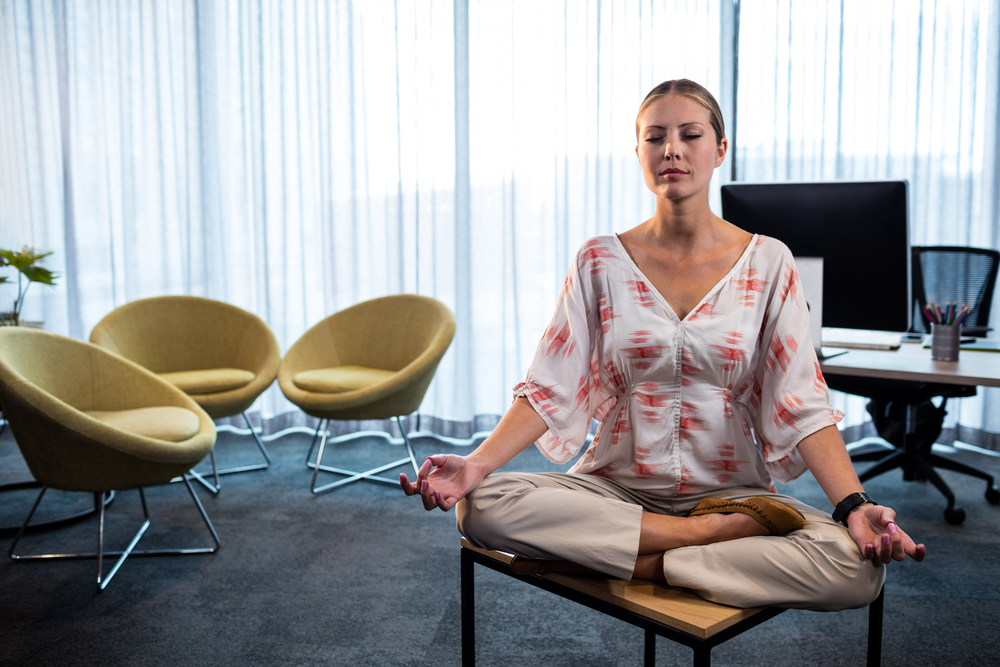
These unexpected experiences during meditation may seem a bit scary if you want to try meditation for the first time, but in general, these sensations are gentle and arise as you are ready to address them.
In general, you can follow these tips when you meditate to minimize any negative sensations that might happen which could prevent you from continuing your meditation practice:
- Get a physical check-up – this will help rule out any other causes for effects like dizzyness or headaches that might happen when you meditate.
- Discern what is distraction and what needs your attention – When you first start meditating, your brain will make all sorts of exuses to make you get up and move. It’s your job to differentiate between what is your monkey mind trying to distract you and what needs to be addressed immediately so you can continue medidating.
- Practice self-care – sometimes, issues arise during meditation in order to bring your awareness to other areas of your life that need addressing. Try relaxing with a cup of tea before you meditate or get a massage to help your body relax.
- Practice yoga asanas before you meditate – Traditionally, yoga asanas were developed to help prepare your mody for the stillness of meditation. It’s a good practice to move your body to shake off any excess energy in your system so you can sit in silence for meditation afterwards.
- Trust your insticts – Meditation helps you get in touch with your inner self and your inner truth. That is something that no teacher will be able to tell you. If you feel that you need to stop a certain mantra or breathing technique while meditating for your own well-being or safety, trust your intuition. It is your best guide and meditation teacher.
- Maintain a neutral attitude – No matter what arises during meditation, it’s important to acknowledge what happens with no attachment or expectation. If you give too much importance to any experience that happens, whether it be positive or negative, you run the risk of prolonging it beyond it’s natural course, which is against the purpose of meditation.
- Keep meditating regularly – As with any skill, practice makes perfect. And that is what meditation essentially is. A practice. In order to reap the most benefits of meditation, you must practice regularly. Even if you start out with just three to five minutes a day, in time you will be able to increase it to 20 or even 45 minutes a day.
Conclusion

Meditation is, without a doubt, one of the best self-care practices you can do for yourself. It has numerous proven benefits for your health and well-being. But you should also know that meditation also comes with experiences that you may or may not want to have.
These unexpected sensations are normal and are known to happen when you meditate. Usually, with the proper guidance of a teacher, you will be able to handle these issues that arise so you can continue your meditation practice.
What's Your Reaction?
Susan views the world through a lens of spirituality, health, and compassion. Her positive outlook on life shines through her writing, which is heavily focused on yogic living, meditation, and conscious eating.

